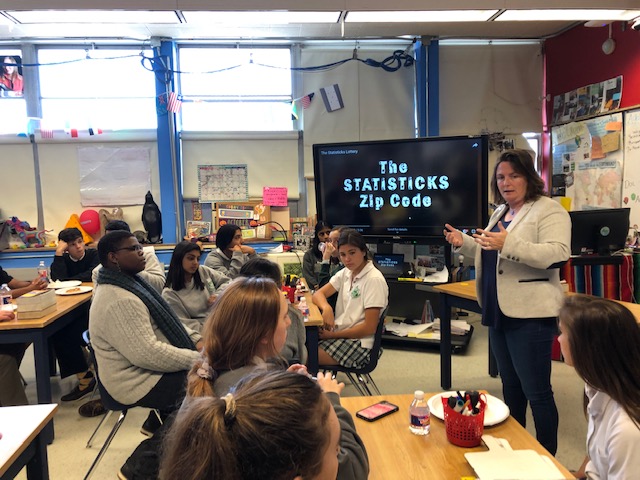In 2013, the Oxford English Dictionary added a collection of new words, including “srsly”, “food baby” and ”selfie”. Among these words also came FOMO, or the Fear Of Missing Out, which refers to the anxiety that something better is happening elsewhere.
According to Upper School counselor Dr. Margaret Morse, FOMO is a basic human instinct at the fundamental roots of it. Humans want to feel connected, loved and good enough. A fear of missing out or being excluded is not something new, yet in the age of Snapchat stories and constant Facebook updates, it’s hyped up by these new technologies. FOMO is simply primal instinct exaggerated under modern circumstances.
Hockaday Upper Schoolers seem to be particularly susceptible to FOMO.
“A lot of people here are very extroverted and they want to be part of something. This community is so small, it’s easy to feel you’re being pushed out sometimes,” sophomore Lauren Hoang said.
As stated by Morse, FOMO affects the age group of kids and teenagers most, as the need to be approved of is amped up in adolescents. “You all are at a stage in their identity development in which you need confirmation that they’re accepted,” Morse said.

This view is reinforced in studies published by University of Essex’s Dr. Andrew Przybylskii. Using a 10-part test to measure individual levels of FOMO, Przybylskii found that FOMO most affected the age group under 30, and that it had a negative correlation with age. That meant as a participant’s age increased, his or her amount of FOMO generally decreased. Przybylskii also found that those who experienced a greater amount of FOMO reported an overall lower level of need satisfaction, mood, and life satisfaction.
Some Hockaday students agree that FOMO has become an issue in their life. 73 percent of Hockaday students said they felt anxious when friends planned activities without them, and 68 percent said they judged their own social lives based off of their friends on social media. Hoang said, “I didn’t know the name for it, but I definitely feel FOMO a lot, especially on Facebook, when people are having fun and you feel kind of pathetic sitting at home alone.”
If FOMO is such a negative thing, how do you get rid of it? The anecdote ultimately comes with time. “Once you get older, you have a better sense of yourself, and you don’t need others to validate your identity,” Morse said. “With time and wisdom and experience, you finally get that and FOMO can subside. People need to learn to be happy with what they have.”
Tips for minimizing FOMO include unplugging, putting everything into perspective and being content with you who are. Morse said, “A simple solution that’s harder to do than say is just to unplug; just be present in the moment.” She said that whether you’re trying to get work done or eating dinner with a friend, a good idea is to avoid looking at your phone. It’s hard to not experience FOMO when you’re constantly bombarded with status updates on how other people are doing.
For putting things into perspective, senior Whytne Stevens said, “Most of the things that people post are just the good points in their life, the things they want you to see.” She continued, “Sometimes people can misinterpret that as that’s how their life really is.” She observed that what people post on social media is likely a glamorized version of what’s happening in reality, not an accurate depiction.
Being content with who you are can make a huge difference according to Morse. “People need to learn to be happy with what they have, and that’s a huge lesson in life that many people never get.”
– Jenny Zhu










